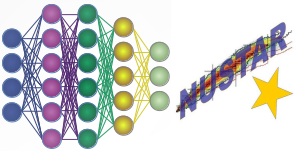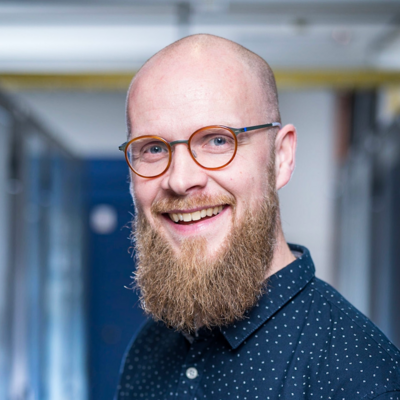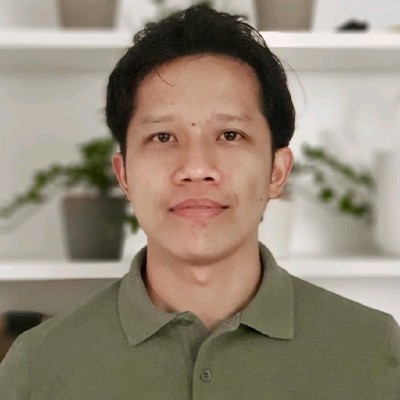Peter Steinbach
Helmholtz-Zentrum Dresden-Rossendorf
After a PhD in particle physics, Peter moved into the life sciences and acted as a scientific software engineer to compress and analyse microscopy images amongst other things. Since two years, Peter returned to the field of applied statistics and machine learning to lead a team of Helmholtz AI consultants for matter research at Helmholtz-Zentrum Dresden-Rossendorf.
Steve Schmerler
Helmholtz-Zentrum Dresden-Rossendorf
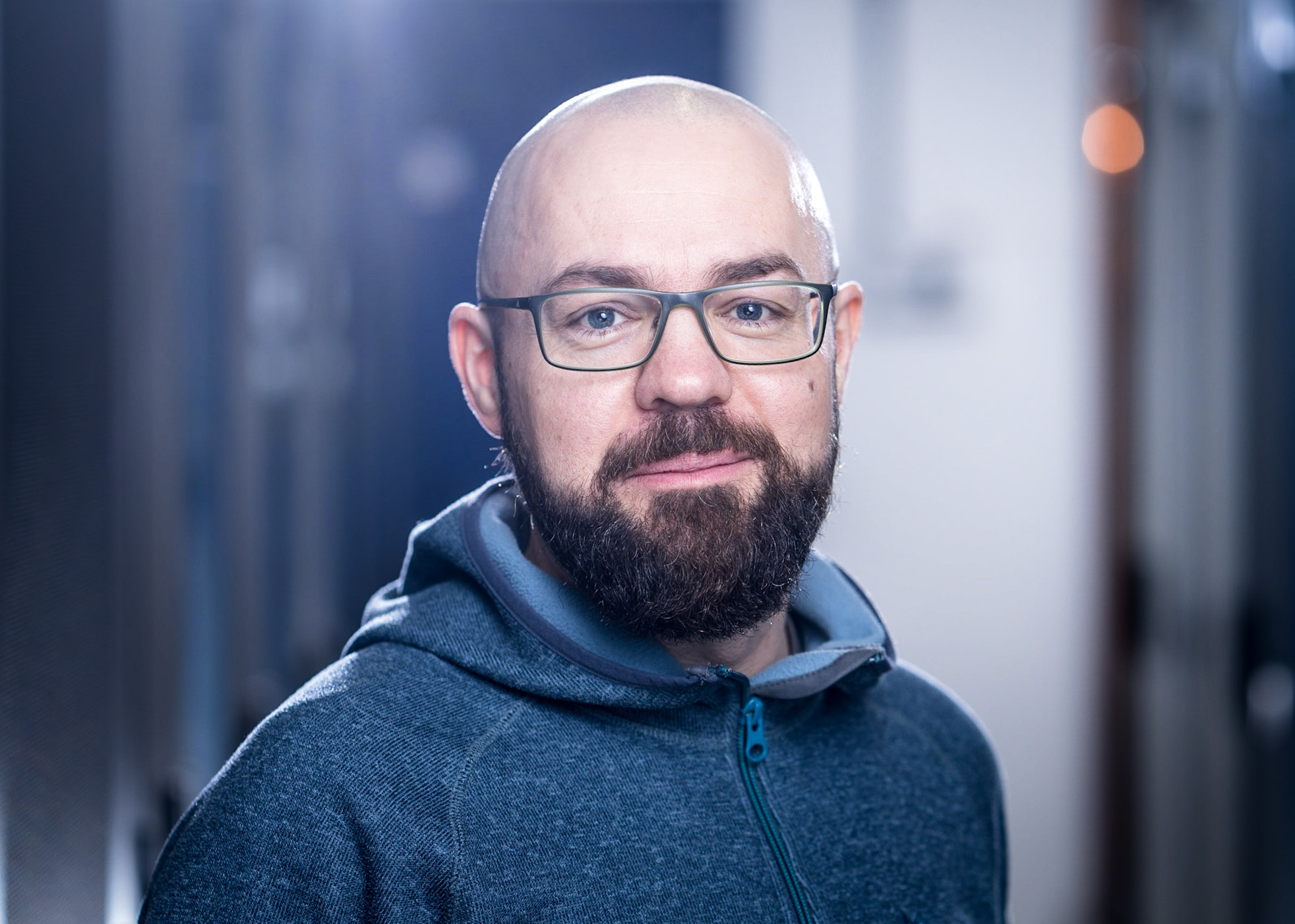 Steve holds a PhD in theoretical solid state physics, where he gained experience in Python, numerical analysis, HPC and classical machine learning. After some time at a cloud computing company, he moved to HZDR as part of Peter's team where he supports other researchers in
Steve holds a PhD in theoretical solid state physics, where he gained experience in Python, numerical analysis, HPC and classical machine learning. After some time at a cloud computing company, he moved to HZDR as part of Peter's team where he supports other researchers in
applying ML methods, at the moment focusing on neural network surrogate models for expensive density functional theory calculations.
Dominic Thalmeier
Helmholtz-Zentrum Muenchen
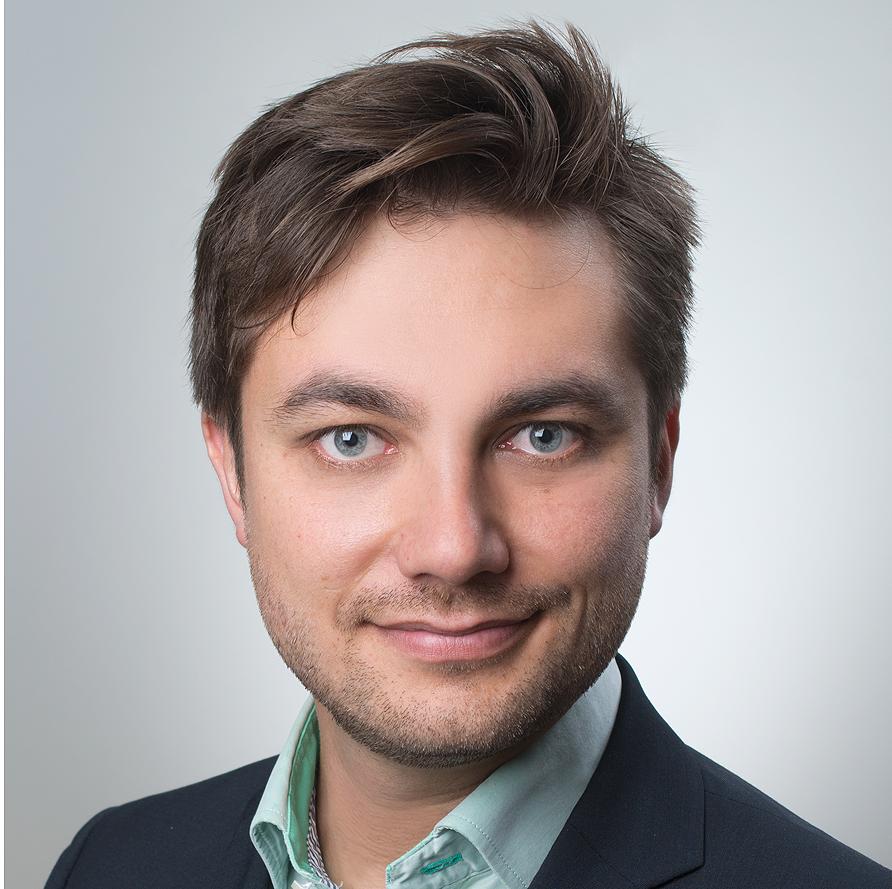 After obtaining a Masters degree in theoretical Bio-Physics at the University of Munich, Dominik moved to the Netherlands to pursue a PhD in the overlap between the fields of theoretical Neuroscience and Machine Learning. After completing this PhD he moved back to Munich and worked for two years as a Data Scientist in a consulting company. Since March 2020 he is working as an AI consultant at the Health Unit of HelmholtzAI in Munich.
After obtaining a Masters degree in theoretical Bio-Physics at the University of Munich, Dominik moved to the Netherlands to pursue a PhD in the overlap between the fields of theoretical Neuroscience and Machine Learning. After completing this PhD he moved back to Munich and worked for two years as a Data Scientist in a consulting company. Since March 2020 he is working as an AI consultant at the Health Unit of HelmholtzAI in Munich.
Dominic Vilsmeier
Frankfurt University
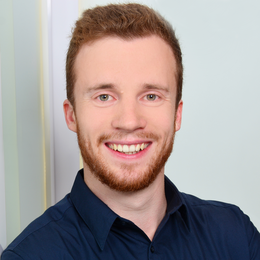 After having completed two internships at CERN and GSI, Dominik graduated with a MSc in Applied Physics with a focus on computational methods and scientific simulations. Since 2018 he pursues a PhD in accelerator physics with Frankfurt University where he works on the topics of inverse modeling and robust optimization of particle accelerators. During his prior work in beam instrumentation he successfully applied Machine Learning to the problem of beam profile reconstruction from distorted measurements. Dominik has extensive experience with Python as well as with many scientific and Machine Learning related Python packages.
After having completed two internships at CERN and GSI, Dominik graduated with a MSc in Applied Physics with a focus on computational methods and scientific simulations. Since 2018 he pursues a PhD in accelerator physics with Frankfurt University where he works on the topics of inverse modeling and robust optimization of particle accelerators. During his prior work in beam instrumentation he successfully applied Machine Learning to the problem of beam profile reconstruction from distorted measurements. Dominik has extensive experience with Python as well as with many scientific and Machine Learning related Python packages.
Gerome Vivar
Helmholtz-Zentrum Muenchen
Gerome is a PhD candidate at the Chair for Computer-aided Medical Procedures at TU Munich with focus on diagnostic decision support systems using deep learning. His research interests include multi-modal machine learning, graph neural networks, and clinical decision support systems. In June 2021, he joined the Helmholtz-AI for health team in Munich as an AI-Consultant.
